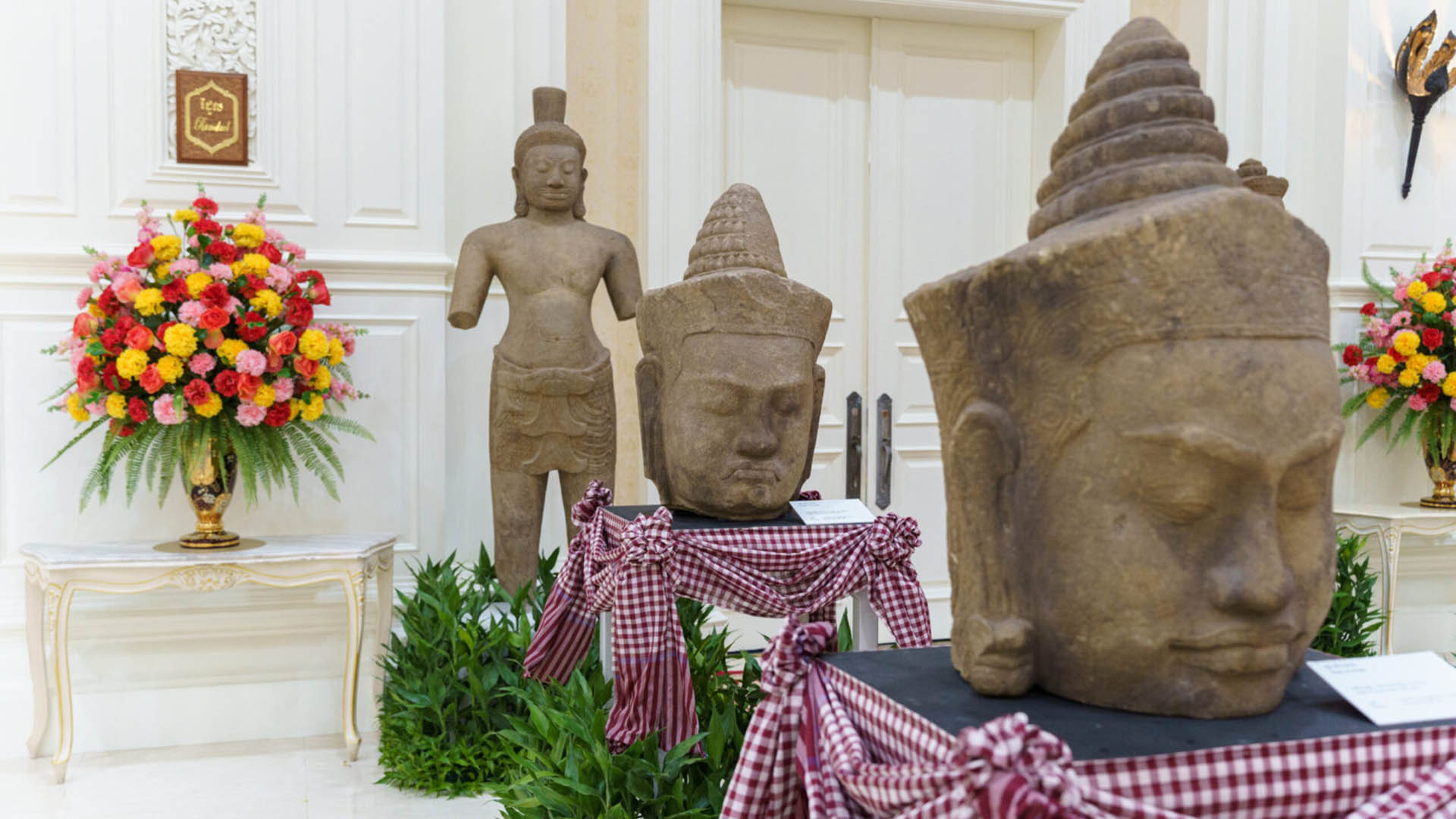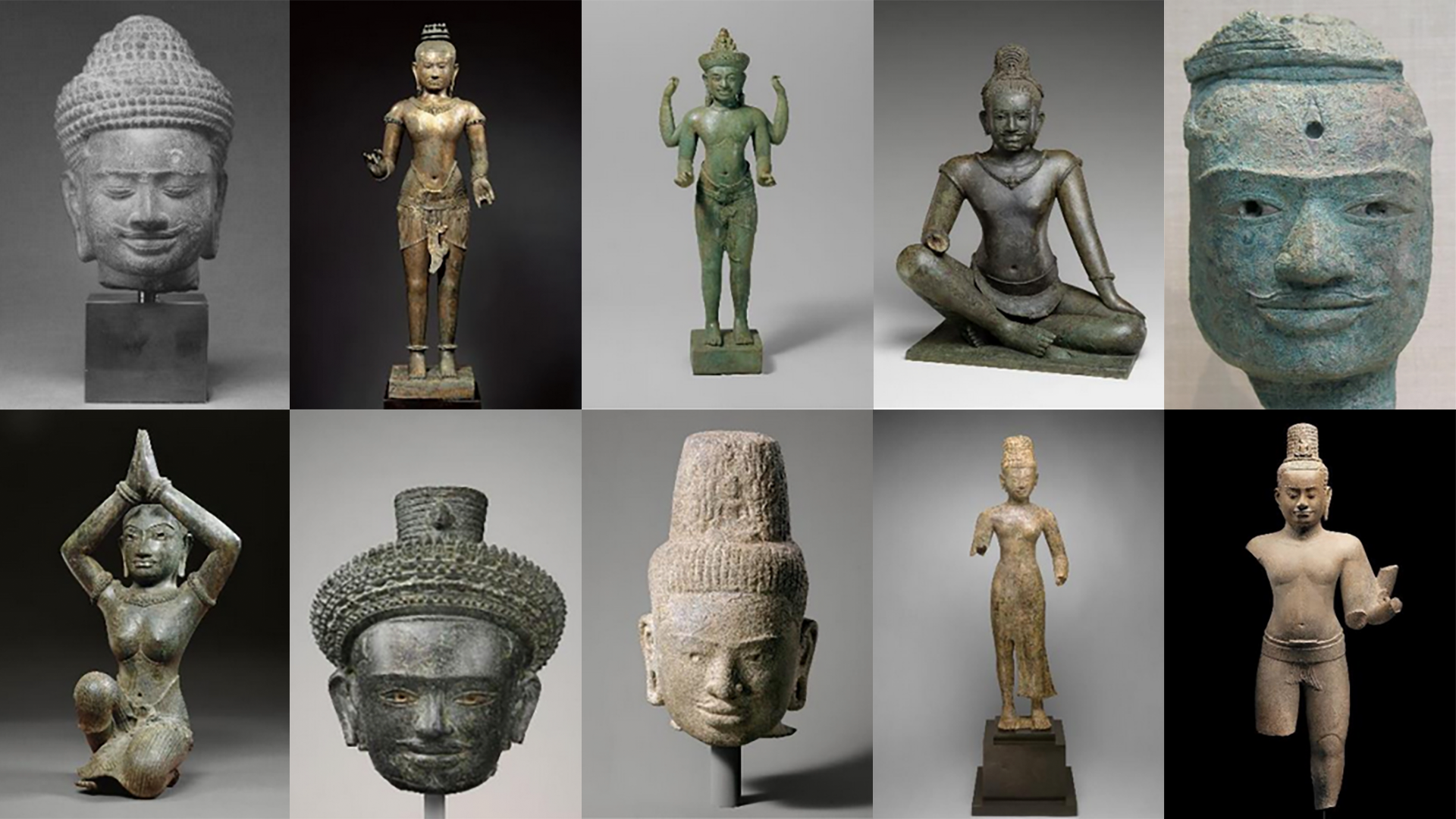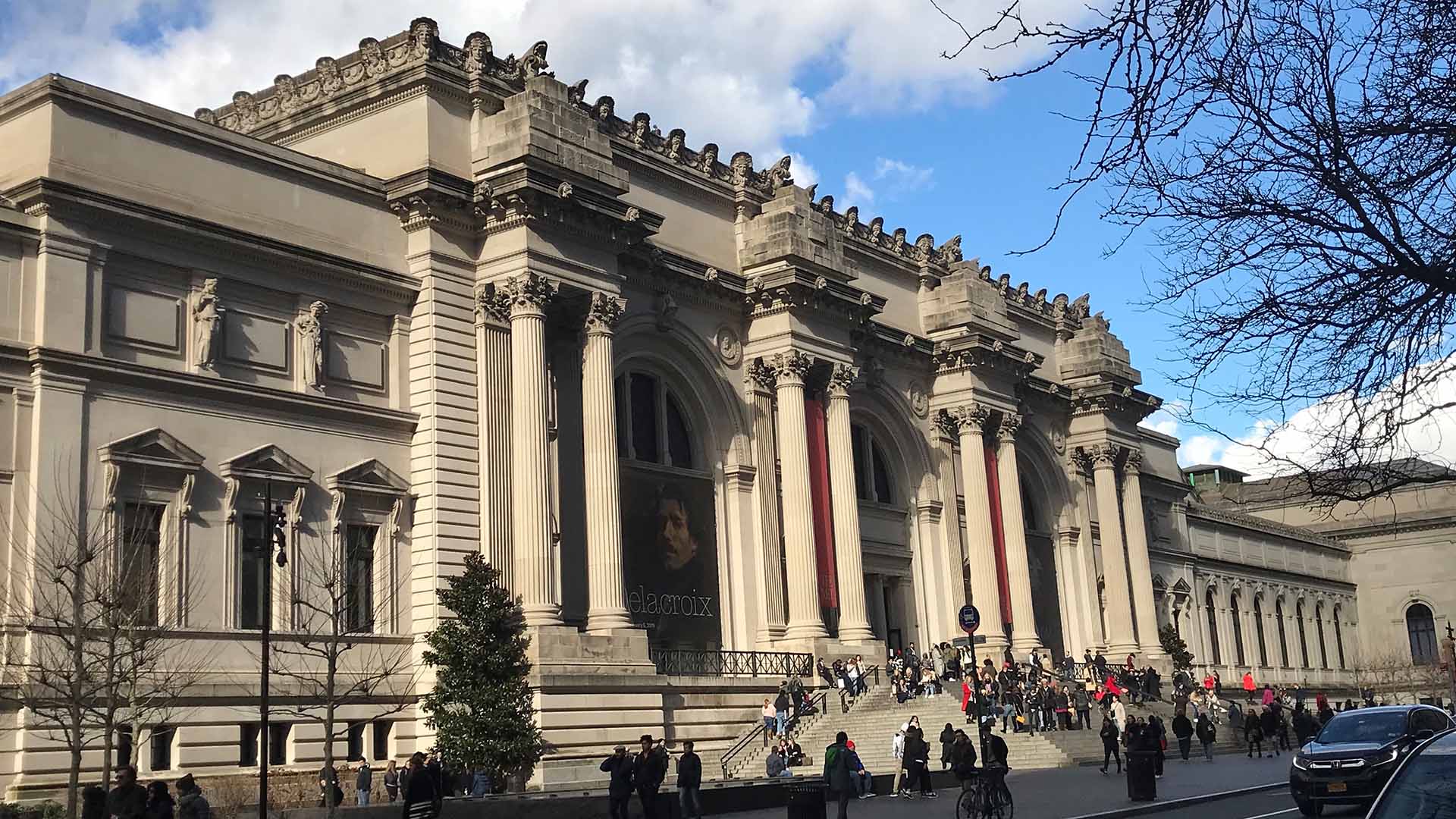A federal indictment unsealed on Wednesday alleges that a Tennessee-based media company which played home to several prominent right-leaning online commentators was secretly a Russian government-backed influence operation. The company is accused of receiving nearly $10 million from employees of Russia Today (RT), a Russian state-backed media company, as part of “a scheme to create and distribute content to U.S. audiences with hidden Russian government messaging,” according to Attorney General Merrick Garland.
The allegations were part of a broader effort against Russian influence sites seeking to subvert the elections.
Tenet Media worked with American conservative or heterodox media figures, including Dave Rubin, Benny Johnson, Tim Pool, and Lauren Southern, who variously present themselves as independent journalists, documentarians, and political commentators. Not all of them immediately commented on having been publicly linked to a foreign propaganda site, but Johnson soon tweeted that he and other influencers had been “victims in this alleged scheme.” In his own tweet, Pool echoed that line, writing, in part, “Should these allegations prove true, I as well as the other personalities and commentators were deceived and are victims.” Rubin, too, described himself as a victim, adding, “I knew absolutely nothing about any of this fraudulent activity. Period.”
The indictment, filed in the Southern District of New York, alleges that RT and two specific employees, Kostiantyn “Kostya” Kalashnikov and Elena “Lena” Afanasyeva, worked to funnel money to Tenet Media as part of a series of “covert projects” to shape the opinions of Western audiences. RT has faced cancellations and sanctions in the United States, Europe, Canada, and the UK after Russia’s invasion of Ukraine; federal authorities allege those travails led the company to instead create more covert means of influencing public perception.
While Tenet is only referred to in the indictment as “U.S. Company 1,” details made it readily identifiable. The indictment alleges that Tenet’s coverage “contain[ed] commentary on events and issues in the United States, such as immigration, inflation, and other topics…consistent with the Government of Russia’s interest in amplifying U.S. domestic divisions.”
The indictment also alleges that not everyone affiliated with Tenet was unaware of the scheme, stating that “Founders 1 and 2” of the company knew the source of their funding. The founders of Tenet Media are Lauren Chen and her husband; Chen is a conservative influencer and YouTuber who’s hosted a show on Blaze TV and who’s affiliated with Turning Point USA. Her husband, Liam Donovan, identifies himself on Twitter as the president of Tenet Media.
The indictment alleges that the RT officials and Founders 1 and 2 “also worked together to deceive two U.S. online commentators (“Commentator-I” and “Commentator-2″), who respectively have over 2.4 million and 1.3 million YouTube subscribers.” Dave Rubin has 2.4 million YouTube subscribers, while Tim Pool has 1.37 million.
The indictment indicates that even some of the people working at Tenet found their content heavy-handed. On February 15 of this year, Afanasyeva, using the name Helena Shudra, shared a video in a company Discord channel of what the indictment calls “a well-known U.S. political commentator visiting a grocery store in Russia.” While he’s not named in the indictment, it clearly matches Tucker Carlson, who toured such a grocery store, declaring himself slackjawed in wonder at how nice it was.
“Later that day,” the indictment adds, “Producer-I privately messaged Founder-2 on Discord: ‘They want me to post this’—referencing the video that Afanasyeva posted—but ‘it just feels like overt shilling.’ Founder-2 replied that Founder-I ‘thinks we should put it out there.’ Producer-I acquiesced, responding, ‘alright I’ll put it out tomorrow.’”
Tenet’s recent content on sites like YouTube, Twitter, and TikTok has been heavily larded with critical commentary about Kamala Harris. Conservative political commentator and documented plagiarist Benny Johnson, for instance, recently starred in a video about her “empty words.”
The allegations against Kalashnikov and Afanasyeva, who are charged with conspiracy to violate the Foreign Agents Registration Act (FARA) and conspiracy to commit money laundering, were part of a broader effort against what US authorities allege were Russian influence sites seeking to subvert the elections. Earlier on Wednesday, the Justice Department announced it had seized 32 internet domains used in what they called “Russian government-directed foreign malign influence campaigns.”
At an Aspen Institute event on Wednesday afternoon, a DOJ official, Deputy Attorney General Lisa Monaco, said the Russians charged in the case “used American-based individuals and entities to exploit, frankly, our free society to try to undermine our election,” including by deploying “unwitting influencers to push Russian propaganda and pro-Russian messaging.”
One of the last things Tenet posted on their social media sites before the indictment was unsealed concerned—ironically enough—a government employee accused of secretly acting as a foreign agent. Tenet posted a video of Linda Sun, a former aide to New York governors Andrew Cuomo and Kathy Hochul who has been charged with using her position to benefit the Chinese government. Tenet seemed to suggest that a few words Sun offered on a video call endorsing diversity, equity, and inclusion measures were part of an alleged foreign-backed messaging plot.
“Why would the Chinese government want to push DEI in America?” a tweet from Tenet read.
Abby Vesoulis contributed reporting.
Update, September 4: This story has been updated to include Johnson, Rubin and Pool’s comments.





